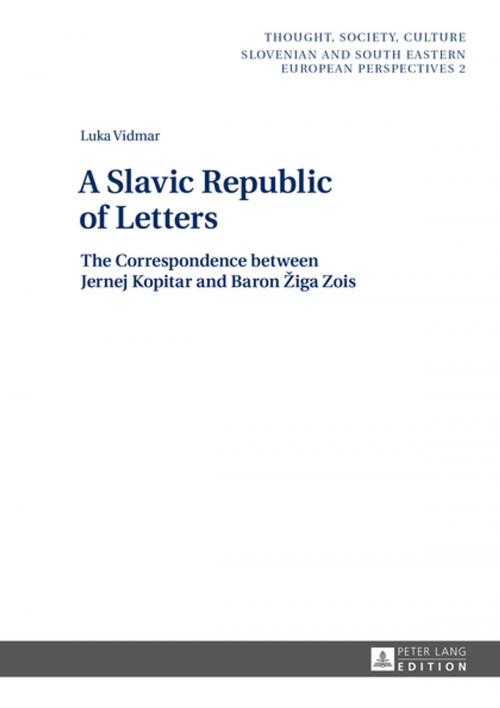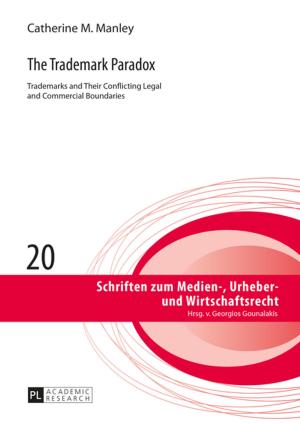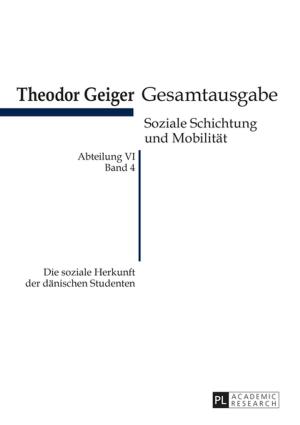A Slavic Republic of Letters
The Correspondence between Jernej Kopitar and Baron Žiga Zois
Nonfiction, History, Austria & Hungary, Reference & Language, Foreign Languages, Slavic Languages, European General| Author: | Luka Vidmar | ISBN: | 9783653955699 |
| Publisher: | Peter Lang | Publication: | February 26, 2016 |
| Imprint: | Peter Lang GmbH, Internationaler Verlag der Wissenschaften | Language: | English |
| Author: | Luka Vidmar |
| ISBN: | 9783653955699 |
| Publisher: | Peter Lang |
| Publication: | February 26, 2016 |
| Imprint: | Peter Lang GmbH, Internationaler Verlag der Wissenschaften |
| Language: | English |
This book discusses the correspondence between Jernej Kopitar, a co-founder of Slavic studies and proponent of Austro-Slavism, and Baron Žiga Zois, an Austrian nobleman and patron of the Slovene national revival. The author treats their letters (composed between 1808–19), which are for the most part unpublished, both as historical sources and as texts. In the first part of the book, he situates them in history and within the genre of the letter, especially in the context of Classical and Enlightenment epistolography; in the second, he deals with their importance for the development of Slavic cultural nationalisms; in particular, he argues that this correspondence successfully bound Slovene, Czech, Polish, Dalmatian, Croatian, and Serbian literati into a Slavic «republic of letters».
This book discusses the correspondence between Jernej Kopitar, a co-founder of Slavic studies and proponent of Austro-Slavism, and Baron Žiga Zois, an Austrian nobleman and patron of the Slovene national revival. The author treats their letters (composed between 1808–19), which are for the most part unpublished, both as historical sources and as texts. In the first part of the book, he situates them in history and within the genre of the letter, especially in the context of Classical and Enlightenment epistolography; in the second, he deals with their importance for the development of Slavic cultural nationalisms; in particular, he argues that this correspondence successfully bound Slovene, Czech, Polish, Dalmatian, Croatian, and Serbian literati into a Slavic «republic of letters».















